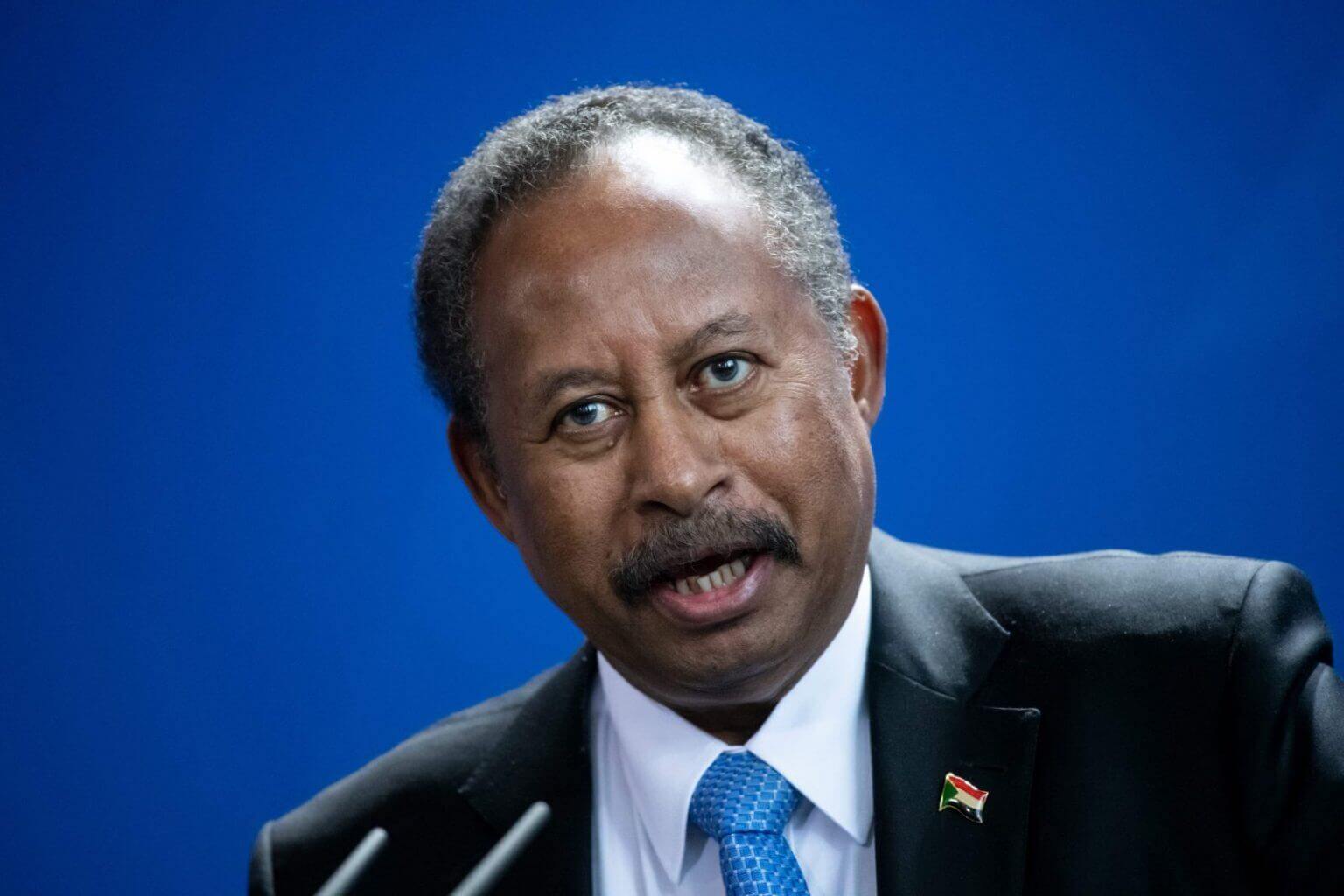Following a series of meetings with officials from Sudan’s transitional government, a delegation from the African Union’s (AU) Peace and Security Council approved interim Prime Minister (PM) Abdalla Hamdok’s transition plan for the country to return to democratic rule.
The AU team’s leader, Jean Kamau, who is also Kenya’s permanent representative to the Union, said, “As one of our leading countries in Africa, we also noted that the efforts that have been put in place are very important for the peace and security, and show how African problems have been addressed by Africans.”
The AU delegation was also staffed by representatives from Burundi, Chad, Djibouti, Egypt, Ethiopia, Ghana, Kenya, Malawi, Nigeria, and Senegal, demonstrating the widespread approval of Sudan’s transitional approach to democracy, which includes the integration of former rebel fighters into the government.
In fact, this appears to be a week of diplomatic victories for Sudan. In its Nile Dam dispute with Ethiopia, the Gulf nations of Saudi Arabia, Bahrain, and Oman all issued statements in support of Egypt and Sudan’s position, saying that they respect Cairo and Khartoum’s moves to protect their water security.
Furthermore, on Wednesday, United States (US) Secretary of State Antony Blinken released a statement confirming that Washington had received $335 million from Khartoum as compensation for the victims of the 1998 bombings of the American embassies in Kenya and Tanzania, the USS Cole in 2000, and the 2008 murder of USAID employee John Granville.
Following the receipt of the transfer, Secretary Blinken said, “We appreciate Sudan’s constructive efforts over the past two years to work with us to resolve these long-outstanding claims. With this challenging process behind us, U.S.-Sudan relations can start a new chapter. We look forward to expanding our bilateral relationship and to continuing our support for the efforts of the civilian-led transitional government to deliver freedom, peace, and justice to the Sudanese people.”
This followed the certification of the restoration of Sudan’s sovereign immunity, which was set in motion under the Trump administration in December 2020. In fact, in October, erstwhile President Donald Trump announced that the State Department would remove Sudan from its state sponsors of terrorism (SST) list, under the condition that Khartoum pay the $335 million that it sent to Washington this week.
The North-East African country’s designation on the SST list was imposed in 1993 due to former leader Omar al-Bashir’s alleged support for militant extremist groups and harbouring of terrorists from al-Qaeda. In the time that has followed, Sudan’s transitional government—headed by a council of civilian and military representatives and led by PM Hamdok—has worked to swiftly dismantle the toxic legacy that Bashir left behind and move the country forward through sweeping social and legal reforms.
This has included the repealing of several laws used to regulate women’s behaviour in the country, criminalizing female genital mutilation (FGM), ending punishment by public flogging, and easing restrictions on the sale and consumption of alcohol. Most recently, the leadership also signed a peace deal with Sudan’s primary rebel union—the Sudan Revolutionary Front (SRF)—which reportedly covers important issues regarding land ownership, security, power-sharing, transitional justice, and the repatriation of those who fled their homes during the war.
It also contains provisions to dismantle rebel fighters and integrate them into the national army. In fact, the peace deal with rebel groups was co-signed by Chad, Qatar, Egypt, the African Union (AU), the European Union (EU), and the United Nations (UN) as ‘guarantors’. Furthermore, the signing ceremony was attended by: the presidents of Somalia, Ethiopia, Djibouti, and Chad; the prime minister of Egypt; the foreign ministers of Qatar and Saudi Arabia; the petroleum minister of the United Arab Emirates (UAE); and the African Union chairperson.
This indicates the global acknowledgement of the advancements made under the Hamdok administration. In fact, as a measure of the trust that has been placed in his government, in December, the United Nations Security Council (UNSC) brought its peacekeeping mission in the country to an end.
UN Joint Special Representative Jeremiah Mamabolo said that the Sudanese government is now “in the right hands”. Hence, the peacekeeping mission will now assume a peacebuilding role via the UNITAMS assistance mission.
Therefore, events this week further illustrate how regional and international actors have placed their trust in the Hamdok administration to usher in a new era in Sudan that is grounded in democracy and reconciliation.
African Union Approves Sudan’s Transition Plan in Yet Another Trust Vote for PM Hamdok
This appears to be a week of diplomatic victories for Sudan, as the US also officially certified the restoration of the country’s sovereign immunity
April 2, 2021

IMAGE SOURCE: BERND VON JUTRCZENKA / DPASudanese PM Abdalla Hamdok
